Wellness Care for Fish
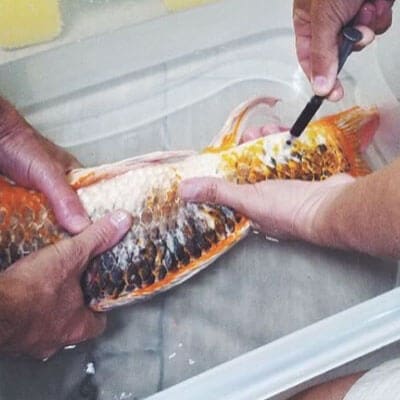
What to Do in an Emergency
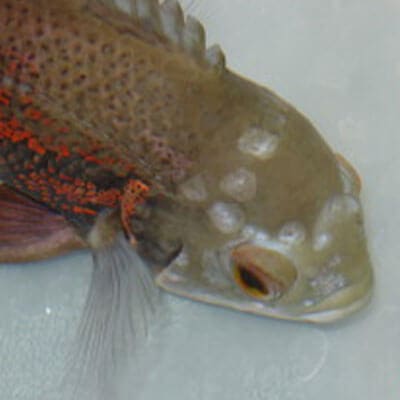
Call our clinic at (843) 216-8387 as soon as possible if your fish exhibits any of these clinical signs:
- Rapid respiration
- Thick slime coating the body
- Red or white blotches on the skin
- Listlessness
- Rubbing frantically against the bottom of the tank
- Loss of equilibrium
We need to see your fish as soon as possible to treat their condition. When you have the opportunity, check to make sure the water temperature is correct for your particular species of fish, and consider having the water tested at a qualified aquarium store.
Can Fish Get Sick?
Fish can absolutely get sick, just like a dog, cat, iguana, or hamster. Some of the most common problems we treat in fish include:
- Bacterial, fungal, parasitic, and viral infections
- Environment-related issues such as trauma, poor water quality, and poisoning
- Nutritional deficiencies
- Genetic issues
- Tumors
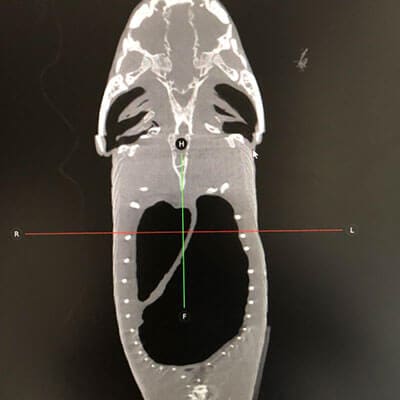
How Can I Tell if My Fish is Sick?
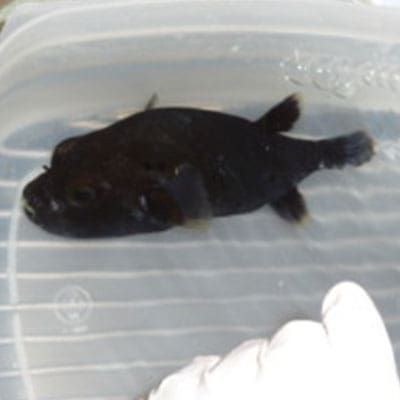
A sick fish will typically exhibit one or more of the following signs listed.
- Cloudy eyes
- An unusual swimming pattern
- Abnormal buoyancy or flotation
- Lump or bump on the skin
- Discolored/damaged skin and/or fins
- Rapid operculation or “breathing”
- Poor appetite
- Low activity
- Resting at the bottom of the tank
- Swollen abdomen (coelomic cavity)
- Scratching against surfaces or “flashing”
We do not recommend giving your fish over-the-counter medication before we see them for treatment, as this can prolong their issues, and make it harder for us to diagnose them.
Helping a Sick Fish
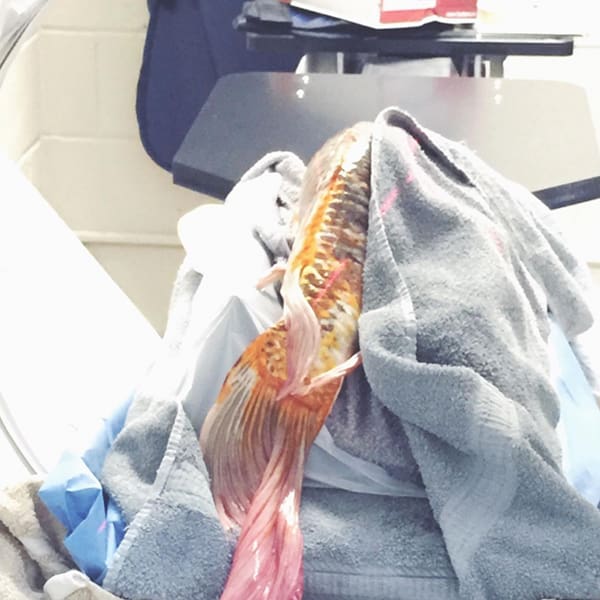
Transporting Your Fish Safely
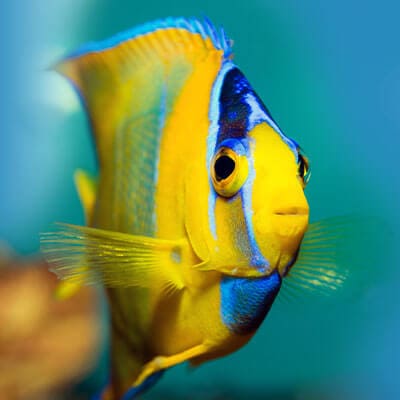
- Always transport your fish in the same water they are kept in at home.
- THREE containers/bags of your fish's prepared water are REQUIRED: one to transport your fish to our hospital, one for sedation/anesthesia, and one so your fish can have clean water to go back home.
- In addition, you should bring along an extra bucket or sealed bag of the water, just in case.
- Fish under 10 inches can be transported in a 2-gallon bucket with a cover.
- Fish over 10 inches, or groups of small fish, can be placed inside double-layered plastic bags that are 2/3 filled with water. Each bag should be secured with thick rubber bands to prevent leaking. Bring extra water just in case.
- If you have large koi, you can transport them in a large (25-gallon) cooler.
- A larger container is always better. A large volume of water increases your pet’s oxygen availability, and decreases ammonia levels.
- A car adapter or battery-powered air pump should be used.
Common Diseases and Conditions in Fish
Common conditions we see in fish include:
- Inappetence
- Parasites such as anchor worms, leeches, ich, fish lice, and flukes
- Skin issues including bacterial and fungal infections
Care Sheets/ Handouts
Check back soon.

